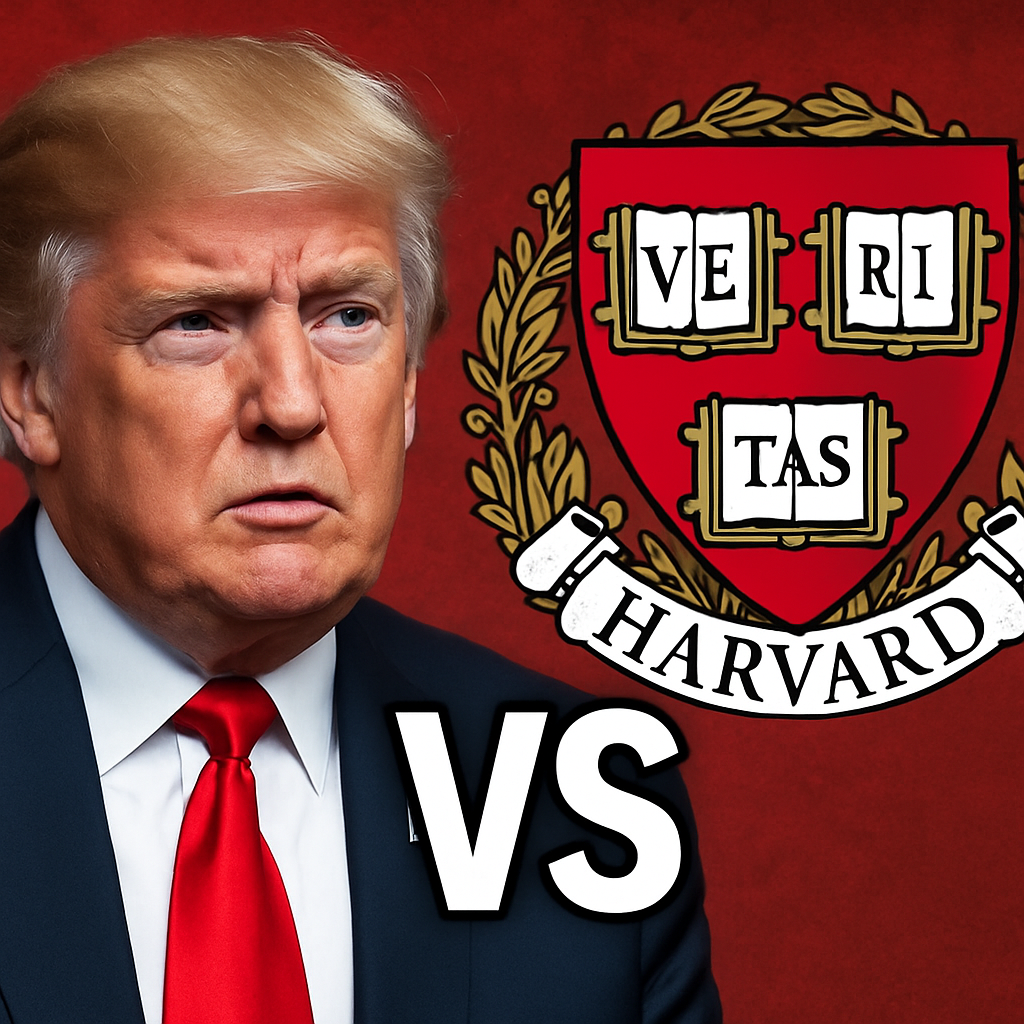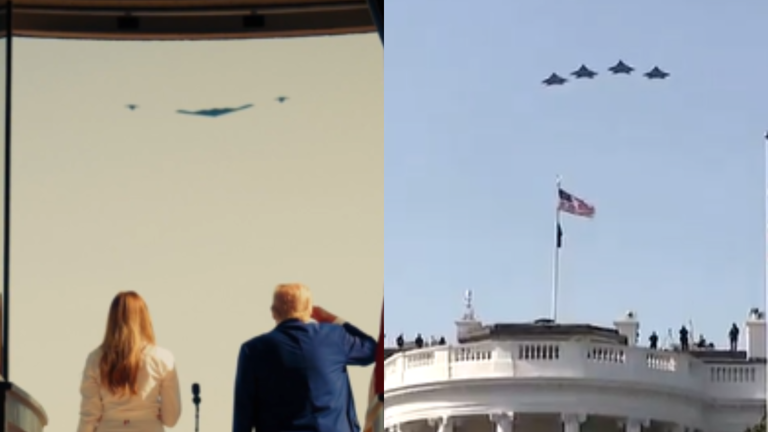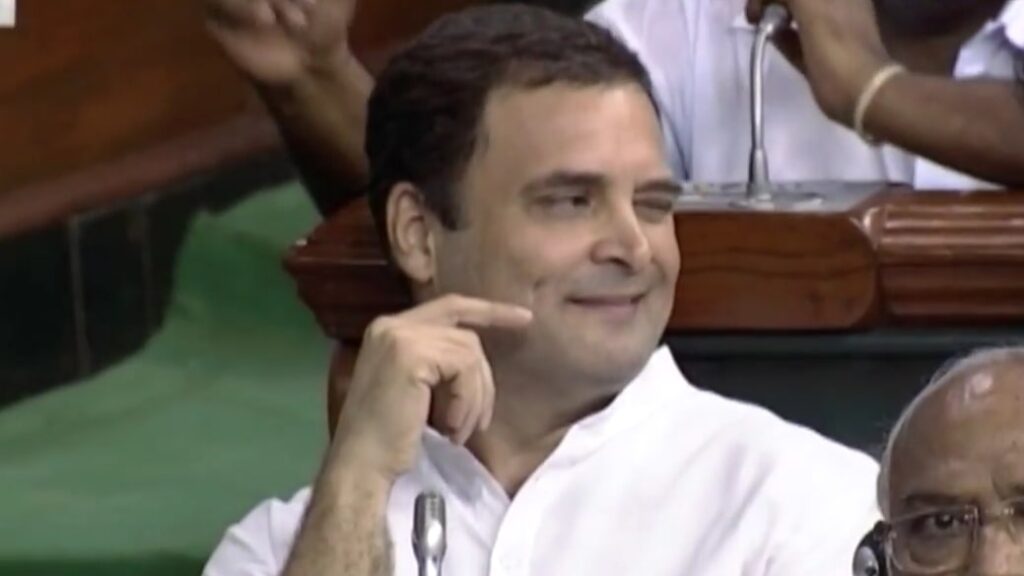Why Did Harvard Sue the Trump Administration?
In a bold legal move, Harvard University filed a lawsuit against the Trump administration after the federal government revoked its authority to admit international students. The decision, which left thousands of students in limbo, sparked immediate backlash from educationists and legal scholars who viewed it as a violation of federal overreach and an attack on the U.S.’s higher education ecosystem. The controversy underscores how immigration policy can intersect with academic freedom and global talent mobility, especially during politically turbulent times.
Trump bans Harvard University from enrolling foreign students, Harvard refuses.#HarvardUniversity #Trump #Harvard pic.twitter.com/FsojJwQwvL
— The Tatva (@thetatvaindia) May 23, 2025
What Is the Case About and Why Is It So Serious?
The Trump administration’s decision to revoke Harvard’s right to admit foreign students was tied to funding freezes and demands that the university allegedly failed to meet. Harvard called the move “unlawful” and beyond the government’s authority, arguing that the action disrupted legal visa processes for accepted international students and jeopardized their education, financial security, and legal status.
The university took the matter to court, not just to protect its students, but to challenge federal overreach into academic autonomy. Harvard emphasized that students had already secured admissions, some even lost scholarships due to the freeze, while others were left stranded without visa approvals. According to sources within Harvard, the administration’s actions were not just abrupt—they were seen as punitive and politically motivated.
What Happens to the Students and What Could the Court Decide?
In the interim, the fate of thousands of foreign students, including many from India, hangs in the balance. Education experts say that unless the court overturns the ban, many students will lose an academic year, and some may even be forced to forgo Harvard altogether.
Legal analysts believe Government has a strong case but given the historical precedents protecting educational institutions from executive overreach, the university could opt for online classes temporarily, much like during the COVID-19 pandemic, while waiting for a court decision. But as legal consultations continue, uncertainty looms over whether the affected students can secure visas or entry into the U.S.
Correct.
— Legal Phil (@Legal_Fil) May 23, 2025
It is actually baffling that Harvard picked this fight. The government is on extremely firm ground here (when the Supreme Court Ct eventually reviews the inevitable district court overreach, that is). https://t.co/tWtlQob1cO
The court’s ruling will not only determine the immediate outcome but could also set a legal precedent about the limits of federal authority over academic institutions and international student rights in the U.S.





















